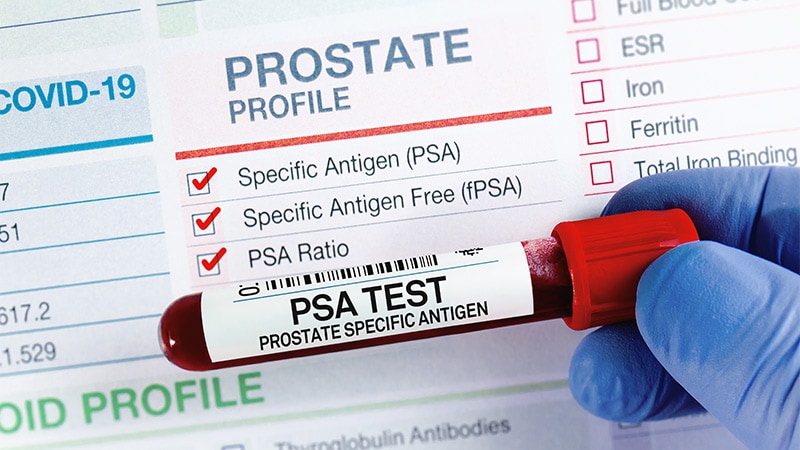Local anaesthetic transperineal (LATP) biopsy using a single-freehand transperineal access device is a feasible and well-tolerated option for prostate cancer (PCa) detection, according to research led by the Nuffield Department of Surgical Sciences at the University of Oxford.
The observational study examined data from a multicentre prospective cohort who underwent LATP in one of three settings:
- First biopsy in suspected PCa.
- Confirmatory biopsies for active surveillance.
- Repeat biopsy in suspected PCa.
All patients received pre-procedure antibiotics according to local hospital guidelines. Local anaesthesia was achieved by perineal skin infiltration and periprostatic nerve block without sedation. Ginsburg protocol principles were followed for systematic biopsies including cognitive MRI targeted biopsies when needed. Procedure-related complications and oncological outcomes were prospectively and consecutively collected.
A total of 1218 patients underwent LATP biopsies at 10 centres for each of the above settings: 55%, 24%, and 21% respectively. Any-grade PCa was diagnosed in 816 patients (67%), of whom 634 (52% of total) had clinically significant disease.
Two cases of sepsis were documented (0.16%) and urinary retention was observed in 19 patients (1.6%). A questionnaire on patient-reported outcomes measures (PROMs) were distributed to 419 patients, with a 56% response rate (n=234).
In these men, pain during the biopsy was described as either "not at all" or "a little" painful by 64% of patients.
Haematuria was the most common reported symptom (77%). When exploring attitude to re-biopsy, 48% said it would not be a problem but 8.1% considered it a "major problem."
Most of the patients (81%) described the biopsy as a "minor or moderate procedure tolerable under local anaesthesia," while 5.6% perceived it as a "major procedure that requires general anaesthesia."
The data suggest that LATP biopsy using a transperineal access system mounted to the ultrasound probe achieves excellent PCa detection with very-low sepsis rate and is safe and well-tolerated.
Presenting the results in BJU International, the authors call for a randomised controlled trial comparing LATP with TRUS to investigate the relative trade-offs between each biopsy technique.



